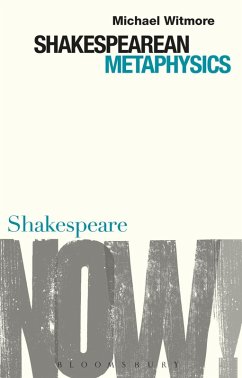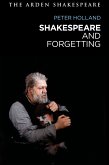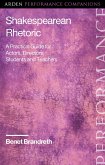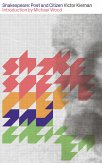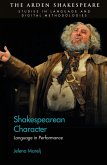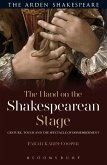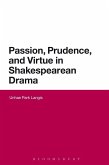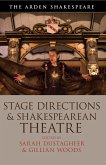Metaphysics is usually associated with that part of the philosophical tradition which asks about 'last things', questions such as: How many substances are there in the world? Which is more fundamental, quantity or quality? Are events prior to things, or do they happen to those things? While he wasn't a philosopher, Shakespeare was obviously interested in 'ultimates' of this sort. Instead of probing these issues with argument, however, he did so with plays. Shakespearean Metaphysics argues for Shakespeare's inclusion within a metaphysical tradition that opposes empiricism and Cartesian dualism. Through close readings of three major plays - The Tempest, King Lear and Twelfth Night - Witmore proposes that Shakespeare's manner of depicting life on stage itself constitutes an 'answer' to metaphysical questions raised by later thinkers as Spinoza, Bergson, and Whitehead. Each of these readings shifts the interpretative frame around the plays in radical ways; taken together they show the limits of our understanding of theatrical play as an 'illusion' generated by the physical circumstances of production.
Bitte wählen Sie Ihr Anliegen aus.
Rechnungen
Retourenschein anfordern
Bestellstatus
Storno

